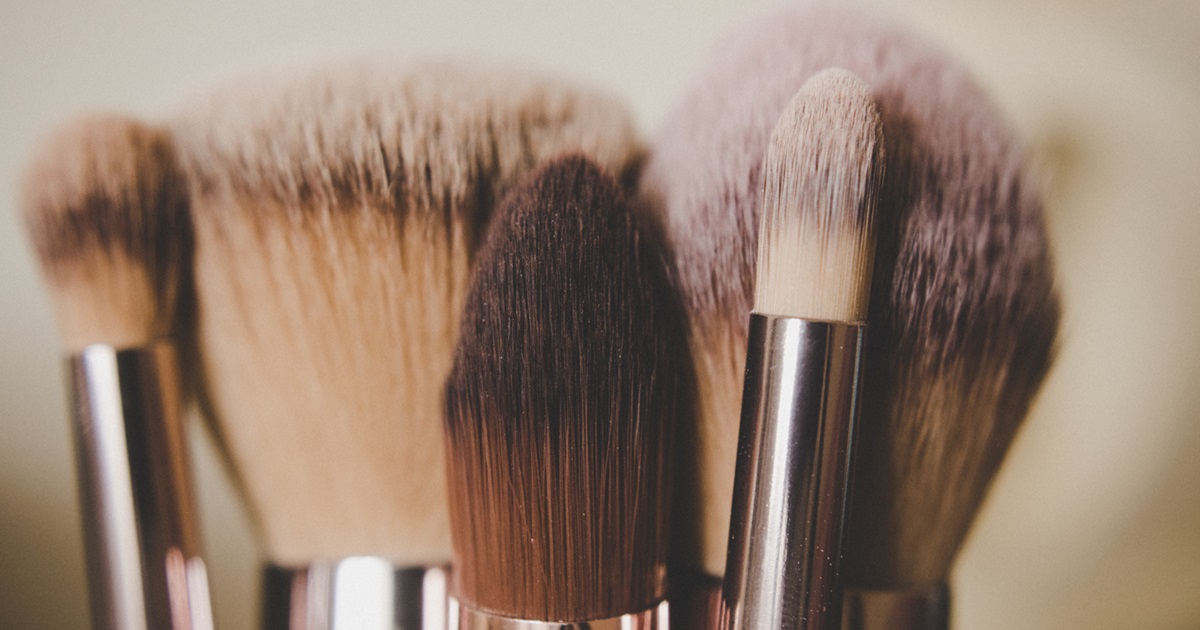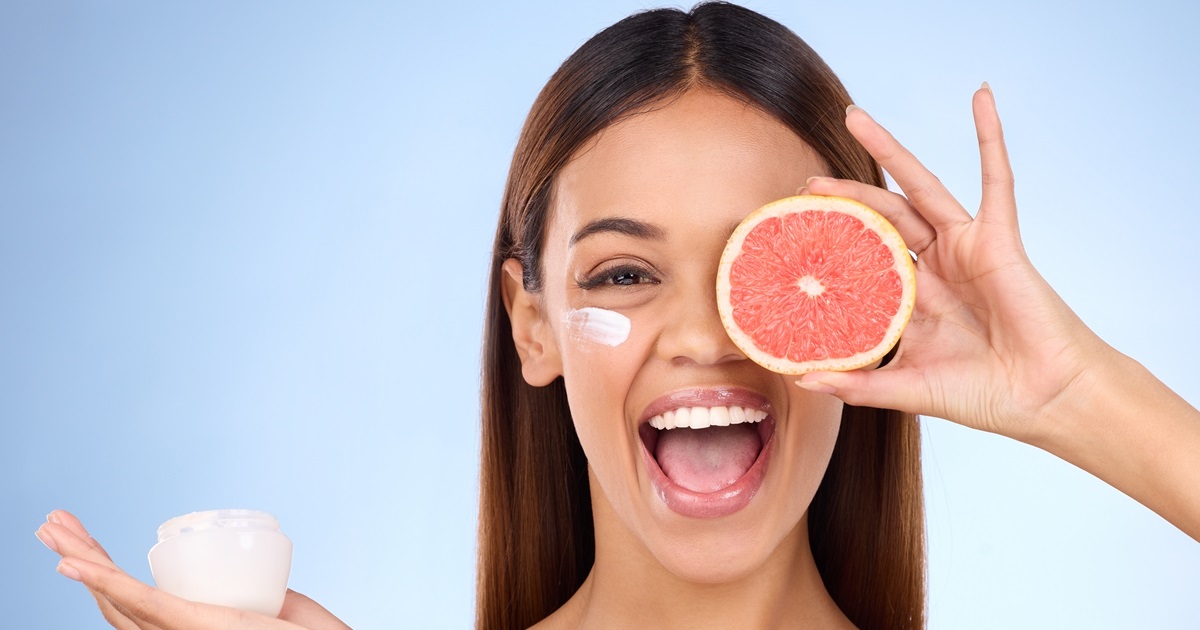How do I pick the right hair mask?
Navigating the vast array of hair care products to find the perfect hair mask can often feel daunting. We all dream of luscious, healthy locks, but achieving this requires more than just a one-size-fits-all solution. Understanding the unique needs of your hair type and condition is paramount. Whether your hair thirsts for hydration, craves repair or needs a boost of vitality, the right hair mask can transform your hair care routine into a revitalising spa experience. This guide embarks on a journey to unravel the mysteries of selecting the ideal hair mask tailored to your hair's specific requirements. From the significance of key nourishing ingredients to the importance of recognising your hair's unique characteristics, we'll explore essential tips and expert recommendations. Prepare to elevate your hair game as we guide you through the art of picking the perfect hair mask, ensuring your tresses look radiant and feel deeply nourished from within.
Understanding Your Hair Type
Understanding your hair type is the cornerstone of finding the right hair mask. It's not just about whether your hair is dry or oily; you need to consider its texture, porosity, and even how it reacts to different climates. Dry and damaged hair, for instance, will benefit immensely from masks rich in hydrating and reparative ingredients. These hair types need masks that can penetrate deeply, restoring moisture and elasticity from within. Oily hair, on the other hand, requires a balancing act. You need a hydrating mask without leaving a heavy residue that could exacerbate oiliness. Lightweight, water-based masks can be a godsend, providing the moisture your scalp needs without contributing to excess oil.
The challenge for those with fine hair is finding a mask that doesn't weigh hair down. Look for protein-rich formulas that strengthen strands without the heaviness of too many oils. Thick or curly hair types might find their match in buttery, rich masks that can tackle frizz and dryness head-on. Understanding your hair's needs is the first step in treating it to the right kind of care, ensuring that you choose a mask that complements your hair's natural tendencies rather than working against them.
Ingredients Matter
The effectiveness of a hair mask largely boils down to its ingredients. Natural oils and butters, such as shea butter, coconut, argan, and jojoba oil, are essential for deep moisture and nourishment. These ingredients hydrate and lock in moisture, preventing future dryness. Look for masks enriched with keratin, biotin, or silk proteins for those needing repair and strength. These ingredients help to rebuild the hair's natural structure, fortifying strands from the inside out and reducing breakage.
Hydrating components like aloe vera, glycerin, panthenol, and urea are indispensable for their moisture-binding properties, drawing water into the hair shaft and keeping it there for lasting hydration. It's also worth seeking out masks with antioxidants such as vitamin E, which protect hair from environmental stressors, and botanical extracts that soothe the scalp and promote healthy hair growth. When examining a hair mask's ingredients list, prioritise those with natural, nourishing components that address your hair's specific needs, ensuring a healthy, vibrant mane.
Frequency of Use
Determining the right hair mask frequency is crucial for maintaining balanced, healthy hair. While the allure of quick, transformative results may tempt you to use a hair mask after every wash, this can lead to product buildup and, paradoxically, weigh your hair down, especially if it's fine or prone to oiliness. A good rule of thumb is to apply a deep conditioning mask once or twice a week, depending on your hair's condition and daily styling habits.
If you frequently use heat tools or chemical treatments, your hair might benefit from more frequent mask applications to combat damage and dryness. Conversely, if your hair is relatively healthy or using a particularly rich formula, scaling back to once a week or even bi-weekly may suffice. Paying attention to how your hair responds after each treatment will guide you to the ideal frequency for your hair type, ensuring you reap the maximum benefits without overburdening your strands.
Addressing Specific Concerns
Every hair type comes with its own set of challenges, be it frizz, dryness, damage, or lack of shine. The beauty of hair masks is their ability to target these specific concerns precisely. For frizzy hair, masks that emphasise smoothing and humidity resistance can help tame flyaways and reduce puffiness. Ingredients like silicone and natural oils are excellent for sealing the hair cuticle and locking in moisture, promoting a sleeker appearance.
For those battling dryness, intensely moisturising masks infused with hyaluronic acid, aloe vera, or honey attract and retain moisture, quenching thirsty strands. Damage from colouring, heat styling, or environmental factors calls for masks rich in reparative proteins and amino acids that can reconstruct the hair fibre, restoring strength and resilience. Dull hair will benefit from masks containing shine-enhancing ingredients like citrus extracts or vinegar, which help to remove buildup and reflect light more effectively. By pinpointing your primary hair concerns, you can select a mask formulated to address them, leading to healthier, more beautiful hair.
The Right Texture for You
The texture of a hair mask can significantly impact its effectiveness and how enjoyable it is to use. Thicker, creamier masks are ideal for those with dry, thick, or curly hair, as they have the heft to penetrate deeply and moisturise intensely. These masks often contain rich butters and oils that envelop each strand, providing the ultimate nourishment and frizz control.
A lighter, gel-based mask may be more appropriate for individuals with fine or oily hair. These masks deliver hydration and nutrients without the risk of weighing hair down, allowing for volume and movement. It's also important to consider the ease of application and rinsing. A mask that's too thick might be challenging to distribute evenly, while one that's too runny could be messy and less effective. Finding the right texture for your hair type enhances the treatment's benefits and makes your hair care routine more pleasurable.
Expert Recommendations
To aid in your selection, here are some top picks from our latest ranking of the best hair masks of 2024:
- Saint Éternité Mask for Dry and Damaged Hair: A standout for its blend of 10 natural oils and D-panthenol, perfect for regenerating and moisturising.
- L'Oréal Professionnel Serie Expert Absolut Repair Gold: Offers deep repair with quinoa, though be mindful of its synthetic ingredients.
- Garnier Fructis Banana Hair Food: A vegan option with 98% natural ingredients, best for those seeking a natural approach.
- Kallos Keratin Mask with Milk Proteins: An affordable choice that delivers smoothness and shine, ideal for dry and damaged hair.
Conclusion
Selecting the right hair mask is a personal journey that considers your hair type, concerns, and desired results. By understanding the nuances of different products and ingredients, you can make an informed decision that brings out the best in your hair. Happy masking!







Add Comment
Your email address will not be published. Required fields are marked *